Companies and Brands
These Products in Your Home Today Will Horrify People 100 Years From Now
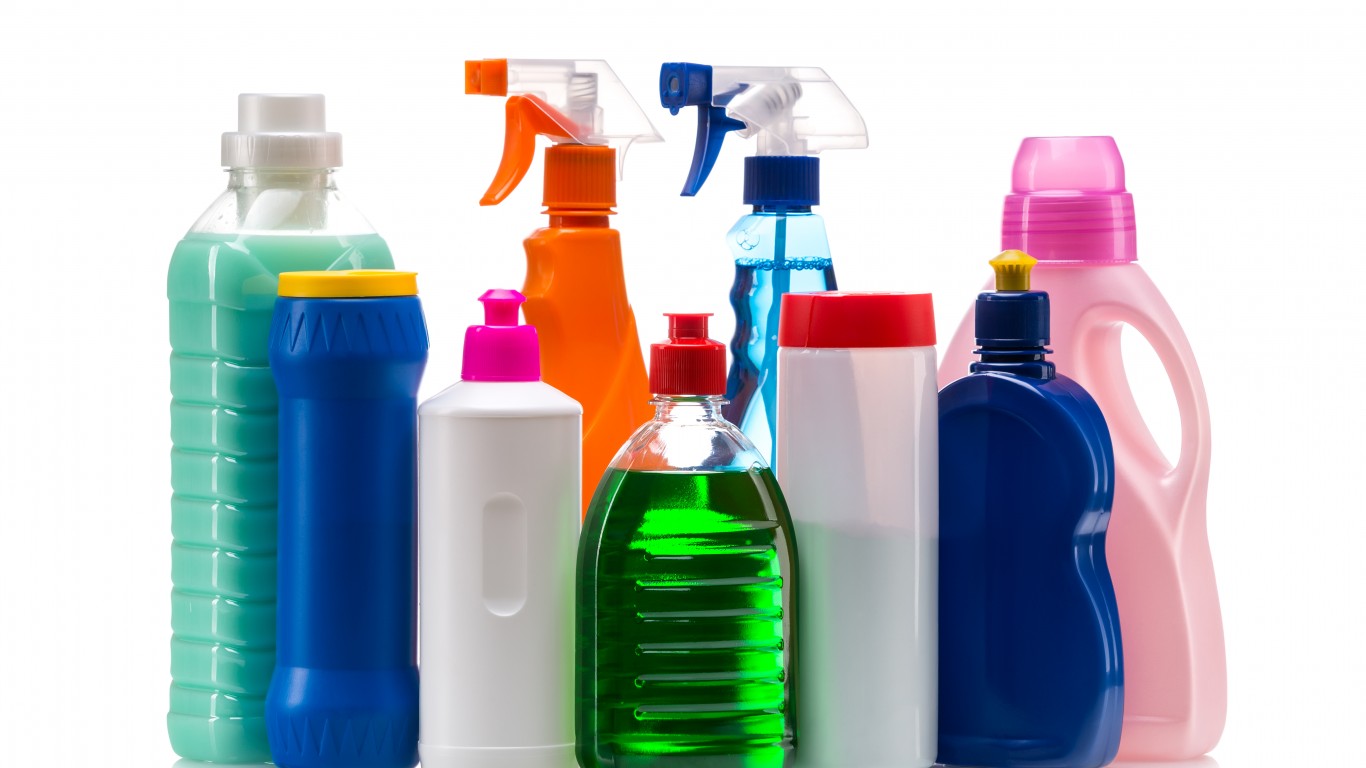
Published:
Last Updated:

Imagine what home life was like in 1914. Sketchy medicines, Coca Cola made with actual cocaine, tools and kitchen chopping devices with zero safety standards, lead paint, and harsh chemicals that slowly poisoned you while you used them. In the year 2124, what in our homes will make people say “What were they thinking?!”
24/7 Wall St. Insights
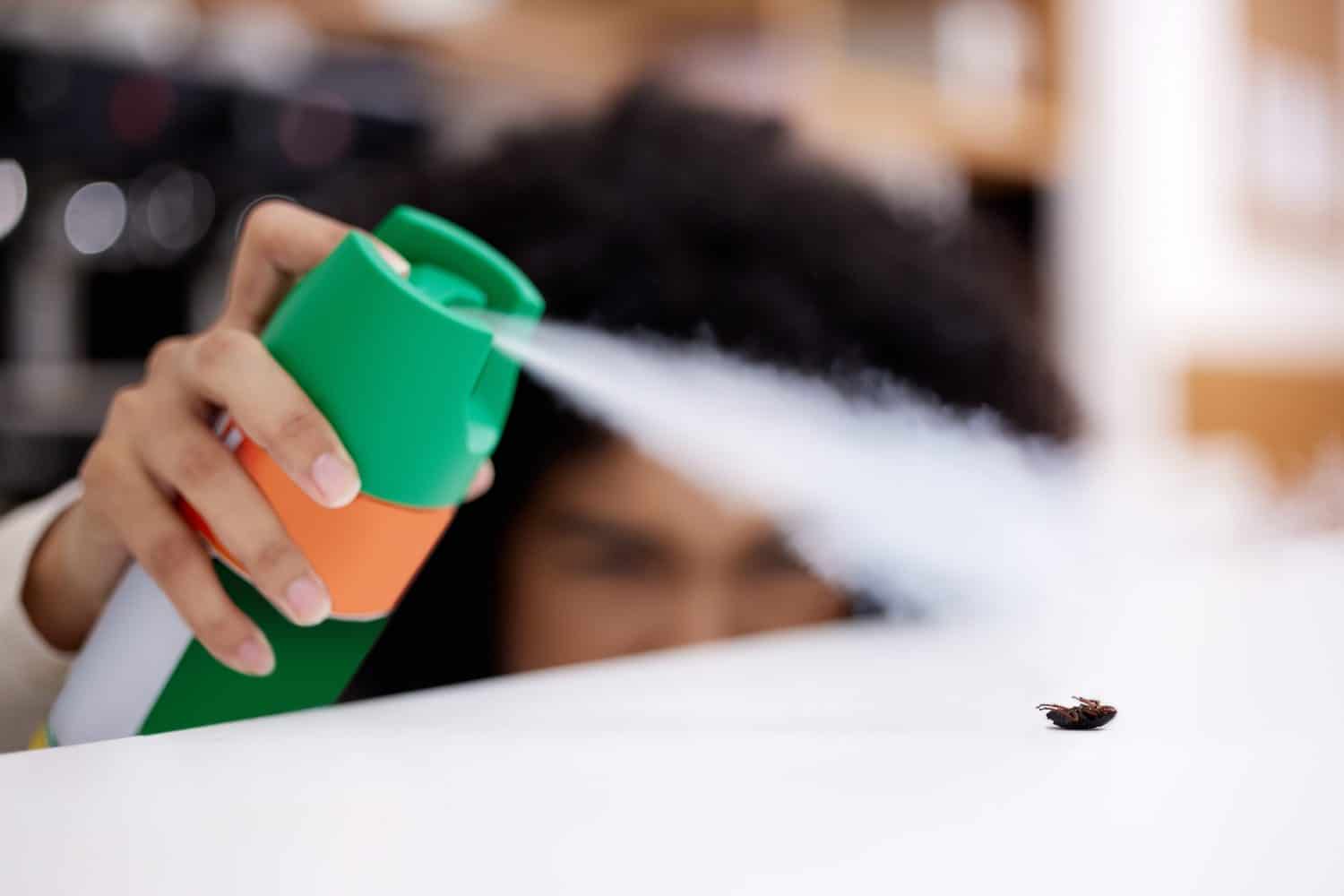
Genetic Engineering
Spraying chemicals around your house to kill roaches and other pests will raise eyebrows in the future. (If they still have eyebrows then). What could replace pesticides? One possibility is to breed them away with genetic engineering. The idea is to engineer a pest that reproduces in a certain way—producing only male offspring, for example. This can reverse the population growth of the species. Researchers are already experimenting with this to control mosquitos in Florida.
Nanobots
Another possibility is to use nanobots: microscopically small robots. These would be self-replicating within parameters and could be used to identify pests, attack them and take the remains apart atom-by-atom. Oh, you say you’ve got flies, fleas, mice, or the occasional snake? Nanobots will take care of it. Don’t ask how.
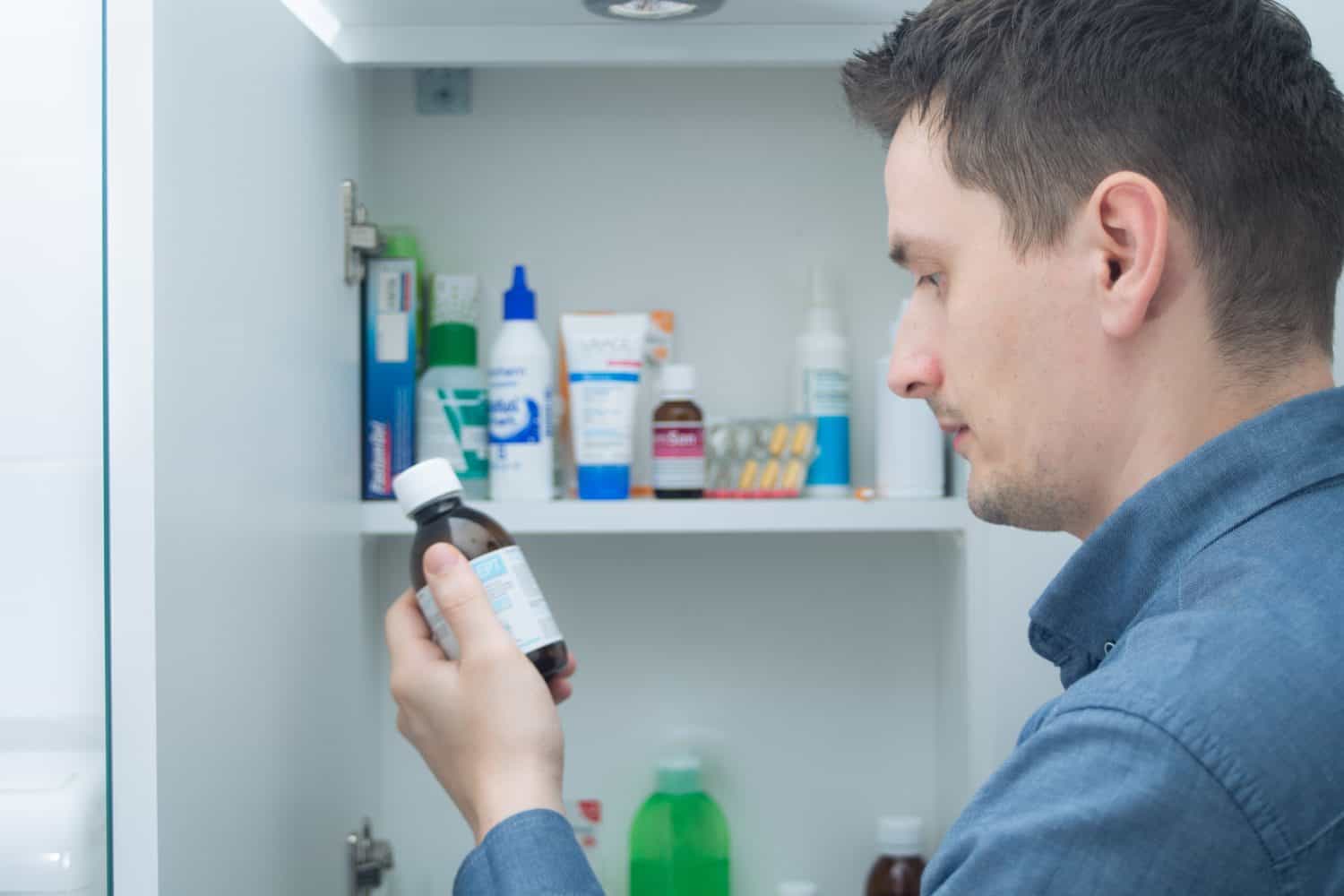
Medical practices are one of the areas where it is easiest to find the practices of the past to be barbaric. That’s a good thing, because it shows how rapidly technology has developed in an area that is of greatest concern to people. Much of what’s in your medicine cabinet today, prescription and over-the-counter drugs, might be at best irrelevant and at worst something that proves to be harmful in the long run.
More Nanobots to Fix Things
What might replace them? Well . . . nanobots, as we mentioned before. (We are obsessed with them). Nanobots might live inside the human body much as beneficial bacteria do today. They could be programmed to communicate wirelessly with a computer and identify health problems. They might be able to dismantle viruses, harmful bacteria, cysts, tumors, and other common ailments. In that case, it would not be necessary to cure any more diseases. You could live with cancer, for example, but every time a cancer cell appeared, nanobots would take it out.
Still More Nanobots to Improve Things
Nanobots might be able to make some improvements on the human body as well. Maybe they could reinforce the strength of our bones (like Marvel’s Wolverine), dissolve excess fat, create muscle where we want it, correct nearsightedness, and reconfigure our appearance gradually and without pain. Everybody can be as beautiful, or as weird-looking, as they want.
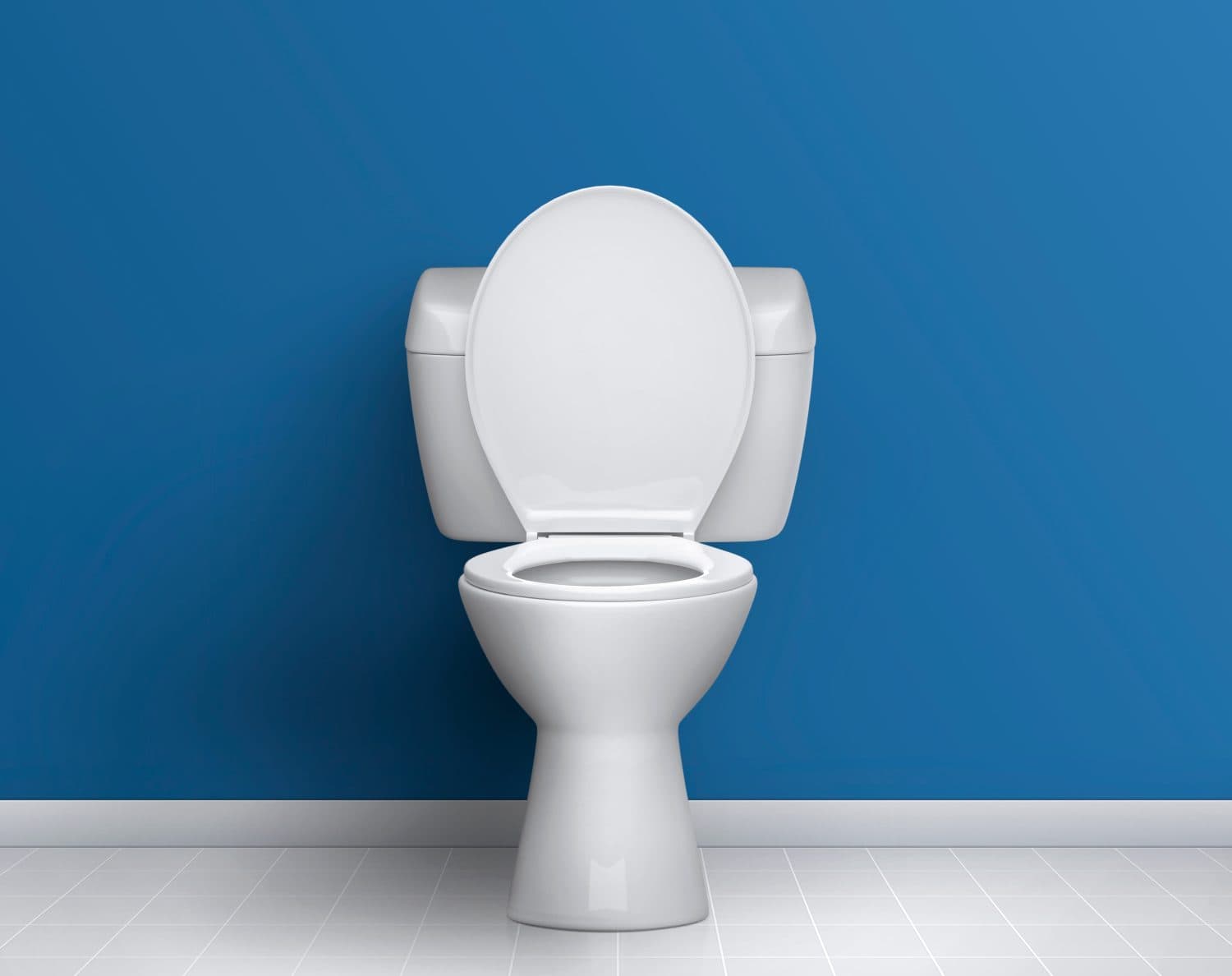
Yes, More Nanobots
Ok, we’re still thinking about those nanobots. If they could take apart tumors and other unwanted body parts, doesn’t that mean they could also take apart waste products? What if, completely imperceptibly to us, those microscopic nanobots took the individual atoms of our waste products out of our body. Where would they come out? Where ever, or everywhere. Nanobots are tiny enough to slip between individual cells. They could float out on our breath, exit our skin and drop to the ground, and deposit unwanted atoms of natural elements in the yard.
You Can Still Have a Shower
If nanobots took care of waste products for us . . . no more bathrooms, at home or in public. And no more changing baby diapers, ever. We might still want sinks or showers to remove dirt more quickly from our skin or for the aesthetic experience of soaking in a tub or taking a hot shower. But toilets? “What’s a toilet? What’s poop? Ew gross! They did that in the house?”
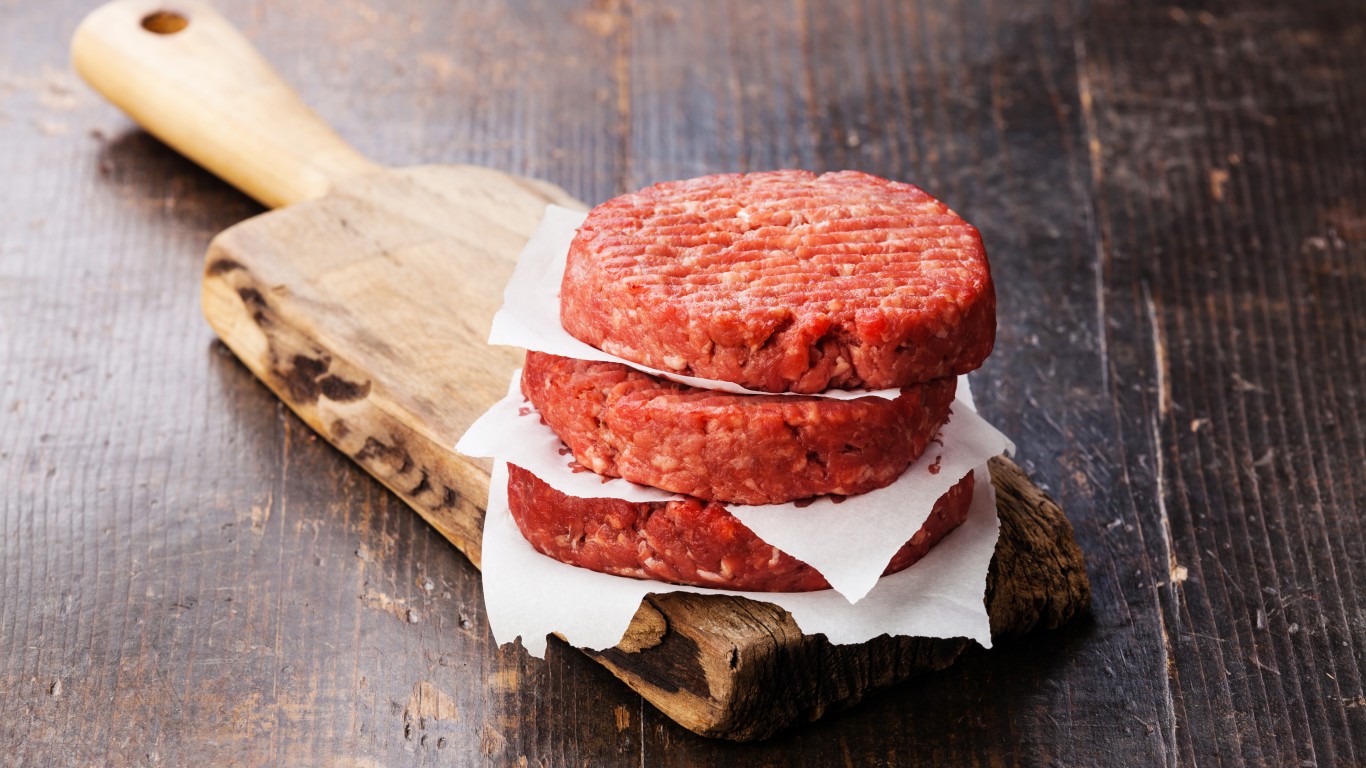
Genetics and Printing
Genetic engineering is rapidly advancing and science has already developed the technology to grow meat from individual cells taken from livestock rather than slaughtering the animal. Meat can also be “printed” into desired shapes with a 3-D printer. Lab-grown meat is the real thing, indistinguishable from meat produced in traditional ways. It is just grown into a steak instead of into a full cow.
Grown in Your House?
This is not just a matter of some people’s sense of animal ethics. It will be a practical way for future space travelers and colonists to have meat in their diet without having to raise animals. Less land will be necessary for grazing. Clean industrial meat production can take place in urban areas. Or maybe right your grocery store . . . or even right in your kitchen.
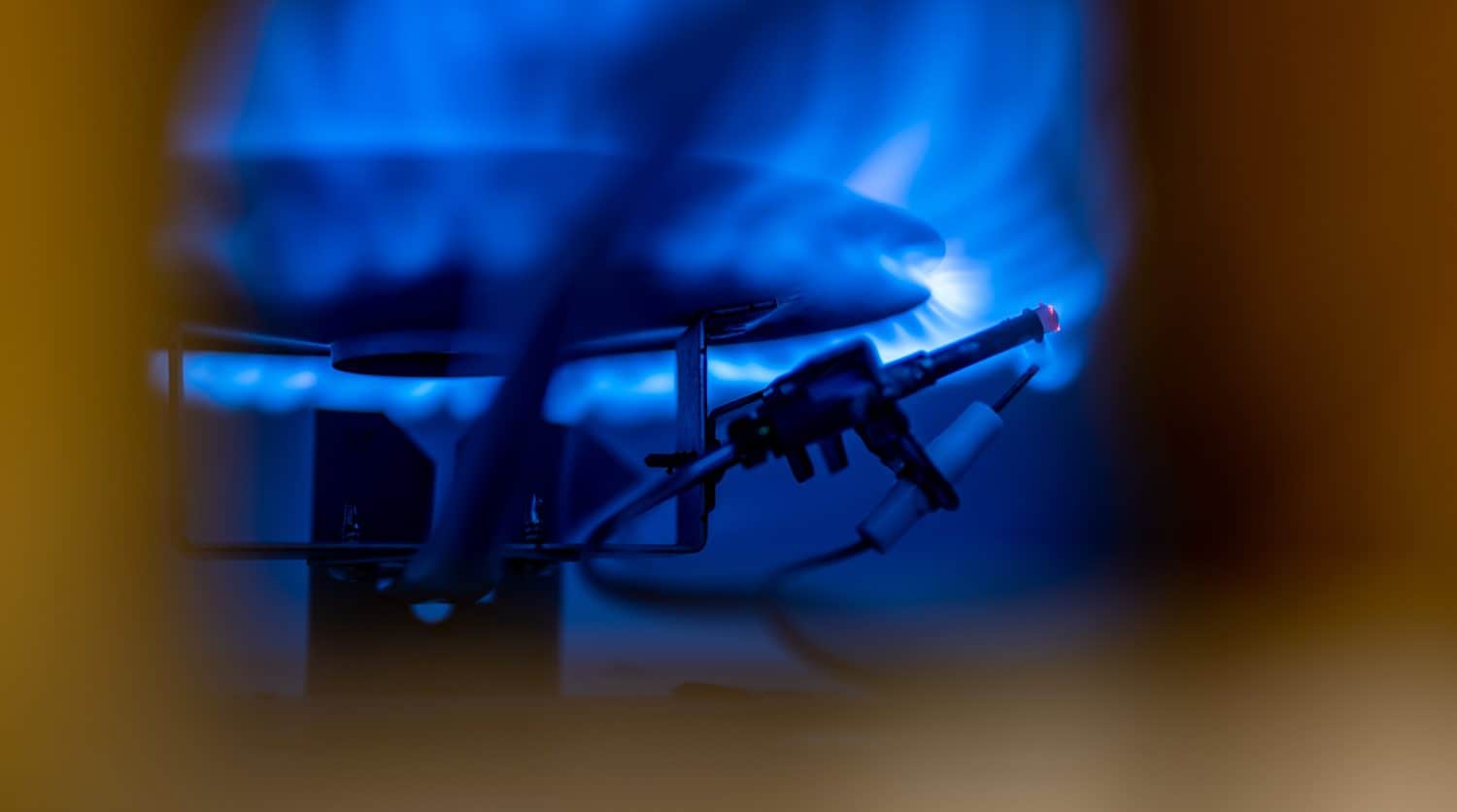
Houses heated by oil, gas, or other fossil fuels will, in a hundred years, be a rarity. Not because fossil fuels will give out. As fracking technology demonstrates, when petroleum products are valuable, people will apply their ingenuity to finding new sources of them in harder-to-reach places. Long before all the Earth’s petroleum is discovered and exploited, it will become more cost-effective to use other types of energy: solar, wind, fusion, or something we haven’t even thought of yet. Phrases like “Do you smell gas?” or “I need to relight the pilot light” will become incomprehensible.

Problems With Finger-Driven Devices
When you think about it, it’s pretty primitive that we are still interfacing with so much of our technology with our fingers. Keyboards, remotes, touch screen phones and other electronic devices all require us to do complicated, coordinated actions with our fingers. People who work with technology all the time can get aching fingers and wrists and even develop carpal tunnel syndrome, sometimes requiring surgery. Not to mention the fact that this makes technology less accessible to children, the elderly, and people with disabilities.
Speech Recognition
We can see where it’s all going though, and fast. Advances in AI and soon, quantum computing, are making our devices better and better at recognizing speech and talking with us in natural-sounding ways. It’s very likely much of our interface with future tech will be verbal.
Brain Chips
Voice commands aren’t ideal when you don’t want everyone around you hearing your work (or play) activities. Elon Musk and others are pouring research into brain chips to allow your brain waves to interact directly with a computer. And imagine this: if we can think at our computer to run apps and compose documents, that means two people with brain chips could communicate soundlessly with each other. Mind reading? Well, yes, sort of. Oh and if you’re worried about the pain of surgery and how to replace bad brain chips, we have one word for you: nanobots! They’ll build chips or replace them inside you without a single incision being made.
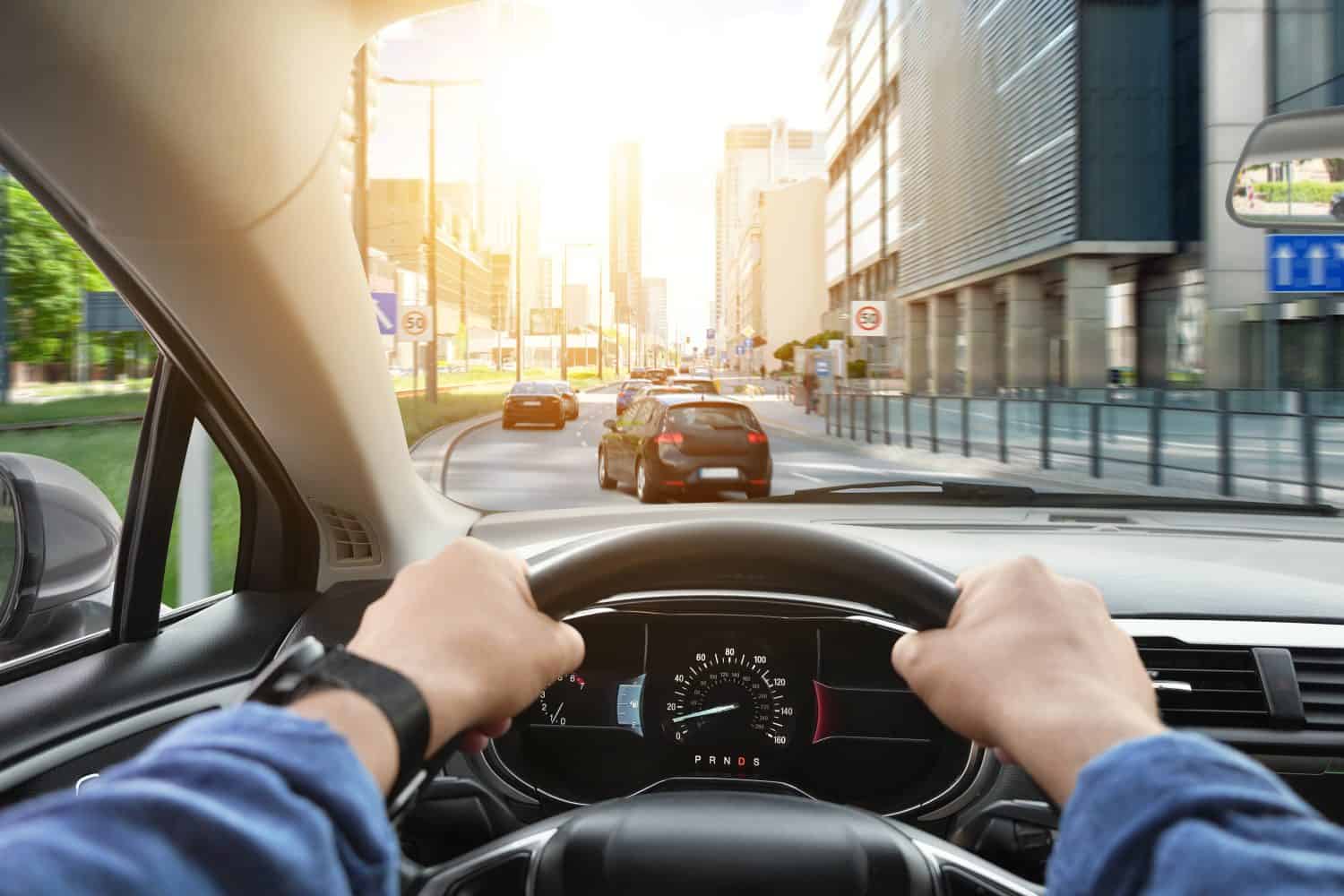
Electric, Self-Driving
The transition from fossil fuel-burning vehicles to electric and self-driving cars is advancing rapidly. It’s likely this technology will work much more reliably in the future, so much so that driving will be a lost art. If that upsets you, ask yourself, does it bother you that you don’t know how to drive a chariot or a horse and buggy? Driving will be just as archaic and quaint as that in another century. And your great-grandkids will be astounded at how dangerous it was to have millions of amateur drivers hurtling down highways towards each other at high speeds like jousting knights.
Über-Uber
Will you even own a car at all? Maybe everything will be the equivalent of Uber. You think to yourself “get me a car,” and your brain chip instantaneously picks up your instruction and communicates it online to the car company. In 5 minutes your self-driving car is sitting in the driveway, you get in, and it knows (via brain chip) where you want to go, what temperature you like, and what music you want to listen to. You’ll put as little thought into the logistics of going someplace as you do riding an elevator. Speeding tickets, car insurance, car repairs, bad weather driving, finding the shortest route, finding a parking space: all of those things will be as strange and intolerably inconvenient to future people as riding a stagecoach in the Old West would be to us.
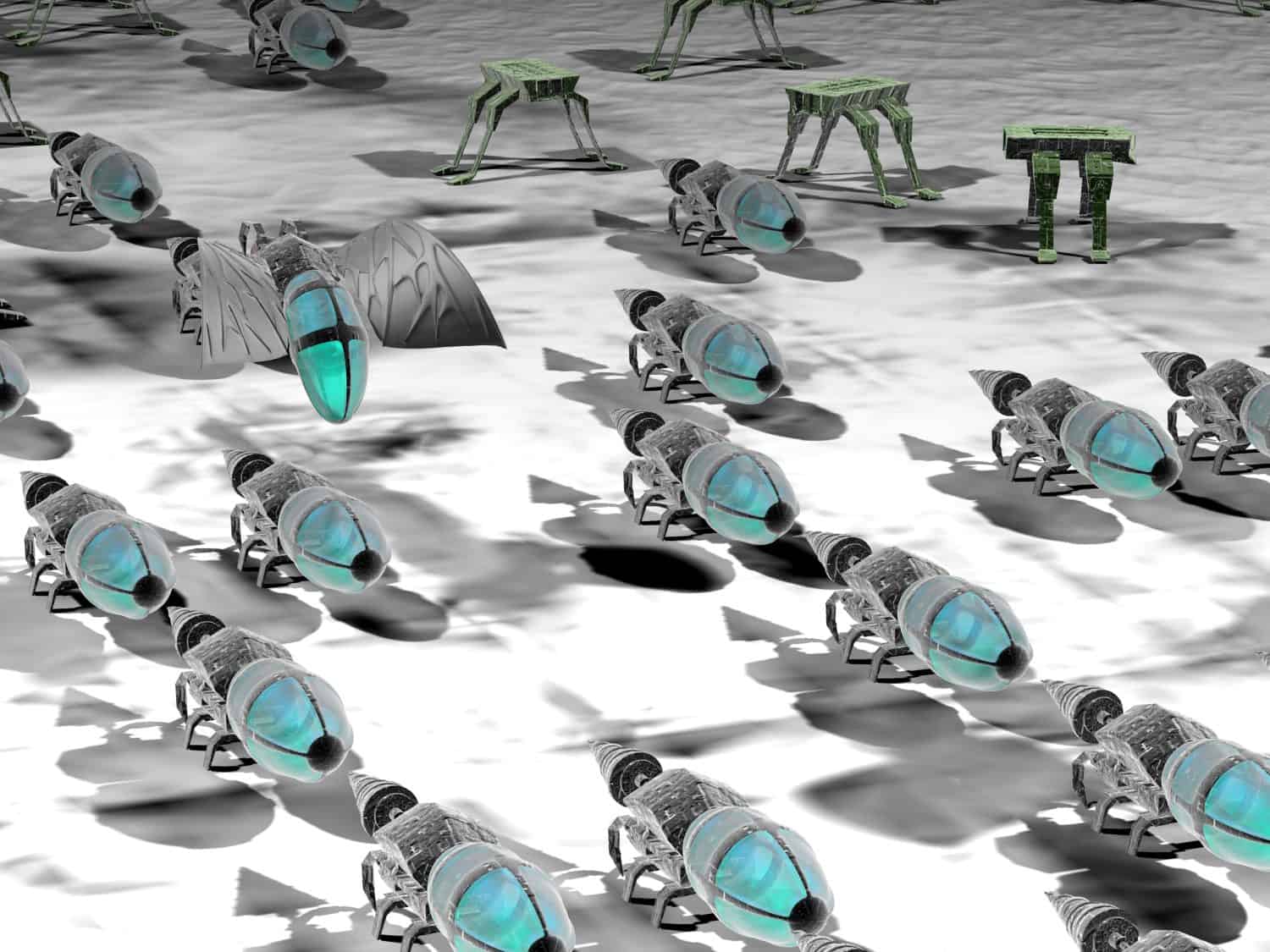
And what about people in one hundred years, in 2124? What will their life be like? It’s hard to predict, but one thing’s for sure, they will feel happy all the time. Why? Because those brain chips will manage their emotions so that they care about nothing but the perfect bliss of serving their nanobot overlords!
Thank you for reading! Have some feedback for us?
Contact the 24/7 Wall St. editorial team.